HEI launches two new non-tailpipe particulate emission studies
Green Car Congress
JANUARY 8, 2023
The Health Effects Institute (HEI) has launched two new studies funded under RFA 21-1, Quantifying Real-World Impacts of Non-Tailpipe Particulate Matter Emissions. The new studies are: Improved Characterization of the Real-World Contributions and Impacts of Non-tailpipe Particulate Matter Emissions ,” led by Greg Evans, University of Toronto.



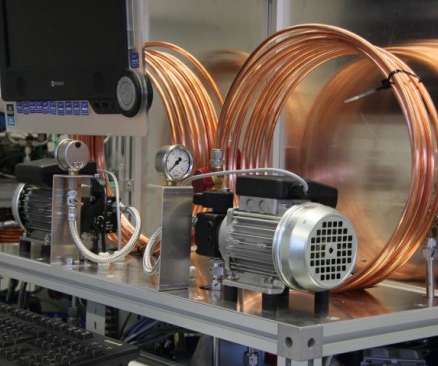



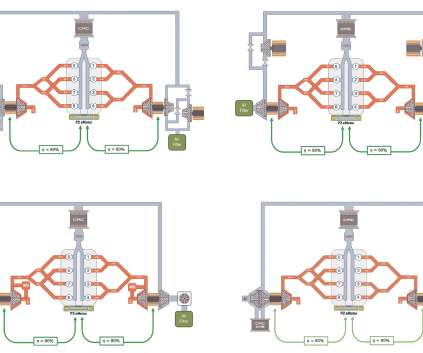

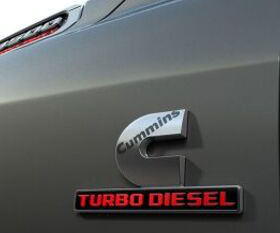


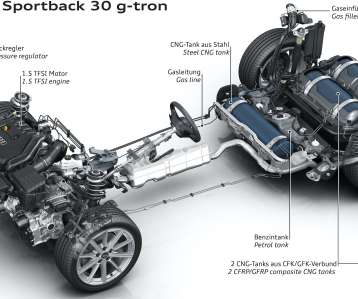



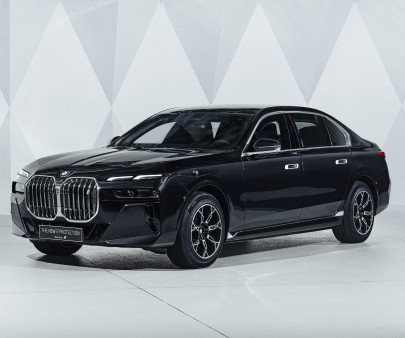













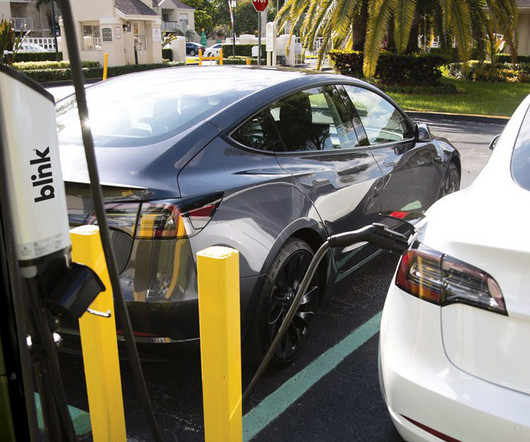

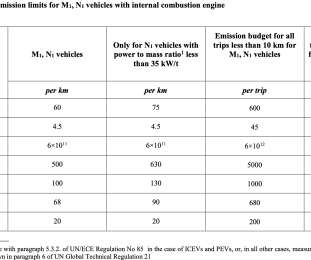










Let's personalize your content